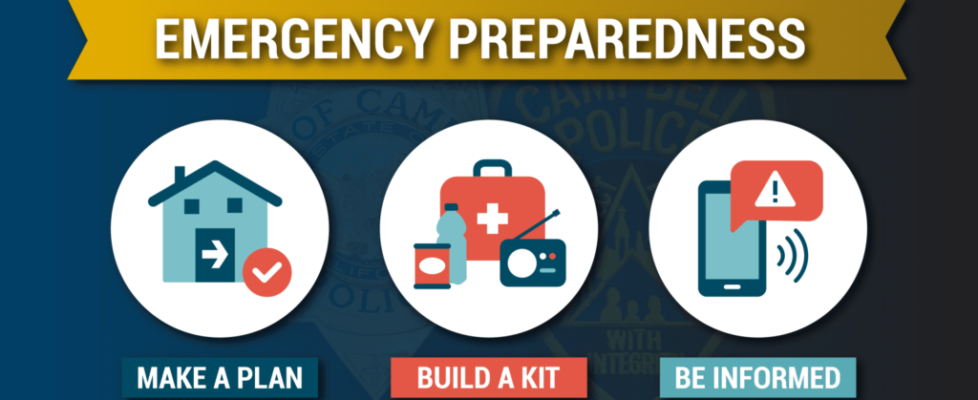Emergency Preparedness
- Property managers and the Board of Directors will need to work closely ERP development
- A good ERP is a living document that is regularly reviewed
- Tasks and responsibilities should be clearly defined
- Details matter: contact lists, building plans, key numbers
[*]What we’ve seen is that property managers have multiple roles in emergency preparedness,” says Ermidio Alves, President of Coldwell Banker Real Estate Management Leaders. “Managers need to ensure there is an overall building-wide plan and all that goes along with that, but they also need to ensure that residents are part of the plan, both in individual units and as wardens.”
If you need help developing a plan for your building(s) contact us and we’ll help develop a customized plan based on our experience.
Resources
The Canadian government has a resource-filled website with tips and ideas for emergency preparedness. It covers topics related to the most common Canadian emergencies: power outages and floods. www.getprepared.gc.ca
Similarly, the Ontario government has lots of practical ideas for a wide variety of potential emergencies. Through this page you can also learn about disaster relief assistance. www.ontario.ca/page/emergency-preparedness
Insurance information is available through the Insurance Bureau of Canada at www.ibc.ca



Board Management
January 4, 2023 by remlead • Uncategorised
Best boards bring big benefit
Ask someone who lives in a first-rate building about life at their enviable residence and after they boast about services and amenities, you’ll find that they will invariably mention property management. Great property management is a key condition for an atmosphere of relaxed, elegant living.
Property managers and the board are partners in any well-run building. Efficient and effective property management takes care of the day-to-day operations. The Board of directors, generally consisting primarily of residents, is responsible for setting the direction for the organization, overseeing the finances and ensuring that the by-laws of the corporation are met.
Boards don’t become great overnight. Quite often it’s a learning process, particularly with a new building and a group of owner-representatives who have limited governance experience.
So how does a board become great? After more than 40 years in the business, we think there are two proven pillars of board excellence: experience and education.
Volunteer condominium boards need a strong partner to help them make strategic decisions. [i]What we’ve come to understand is that boards need a full suite of timely data,” says Ermidio Alves, President of Coldwell Banker Real Estate Management Leaders. “Boards need up-to-date, verifiable information on maintenance and finances for both short term and long term planning,” continues Alves, “Because boards are also responsible for helping to save the corporation money, when you partner with us we provide access to our prime vendor network.”
Boards also require access to contemporary regulatory knowledge. Rules, regulations, by-laws and condominium policies change frequently. A well-informed board needs to be kept up to speed. “This is where our advice and guidance can really assist a board in decision-making,” noted Alves, “We are constantly reviewing federal, provincial and municipal regulations to help our clients achieve their goals.”
Individual directors also need to educate themselves in modern governance practice. In fact, since 2017 in Ontario, condominium directors are required to have governance training within 6 months of being elected. The Condominium Authority of Ontario (www.condoauthorityontario.ca) provides a free online training program specifically designed to help directors manage issues and cultivate great a great community along the way.